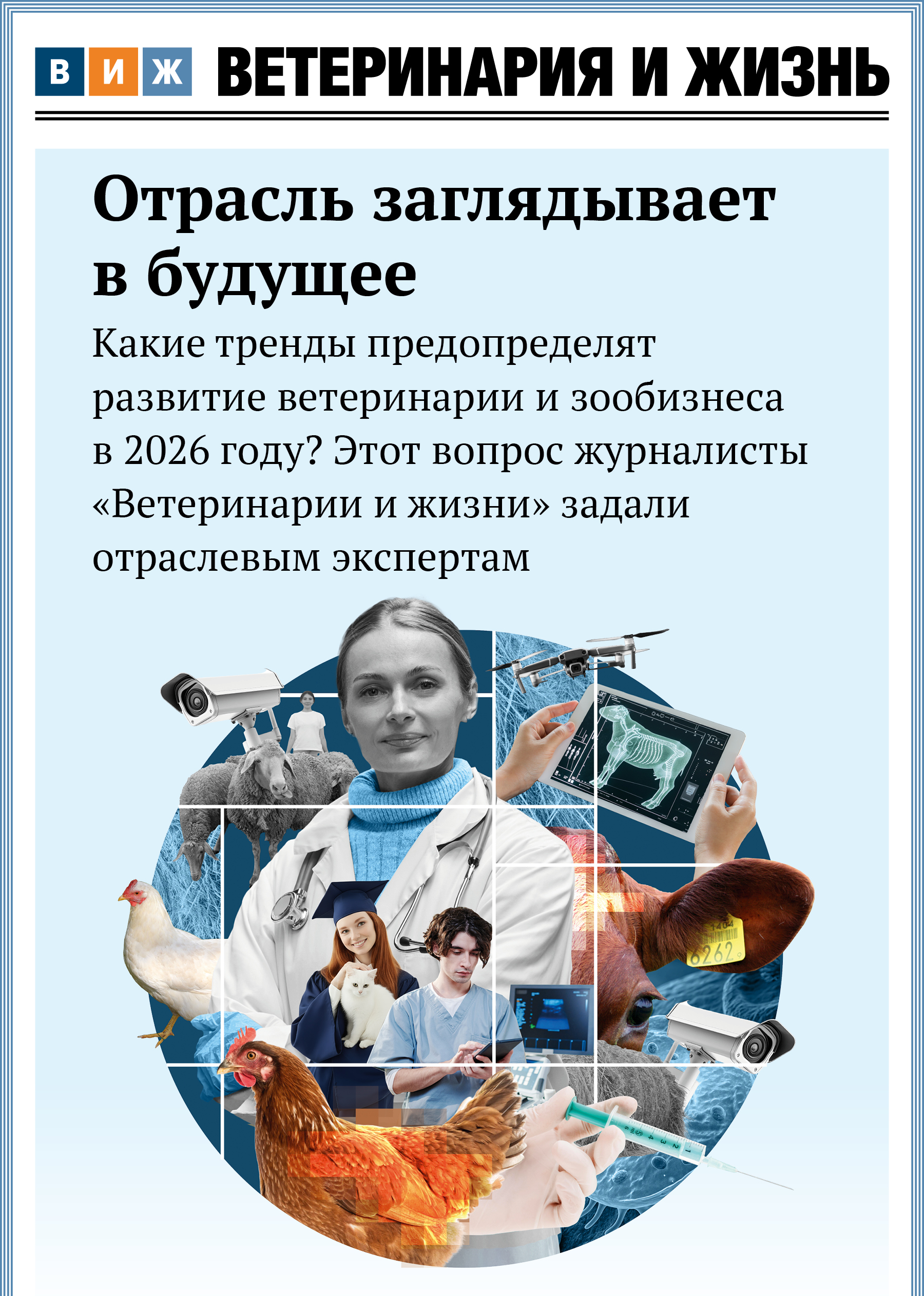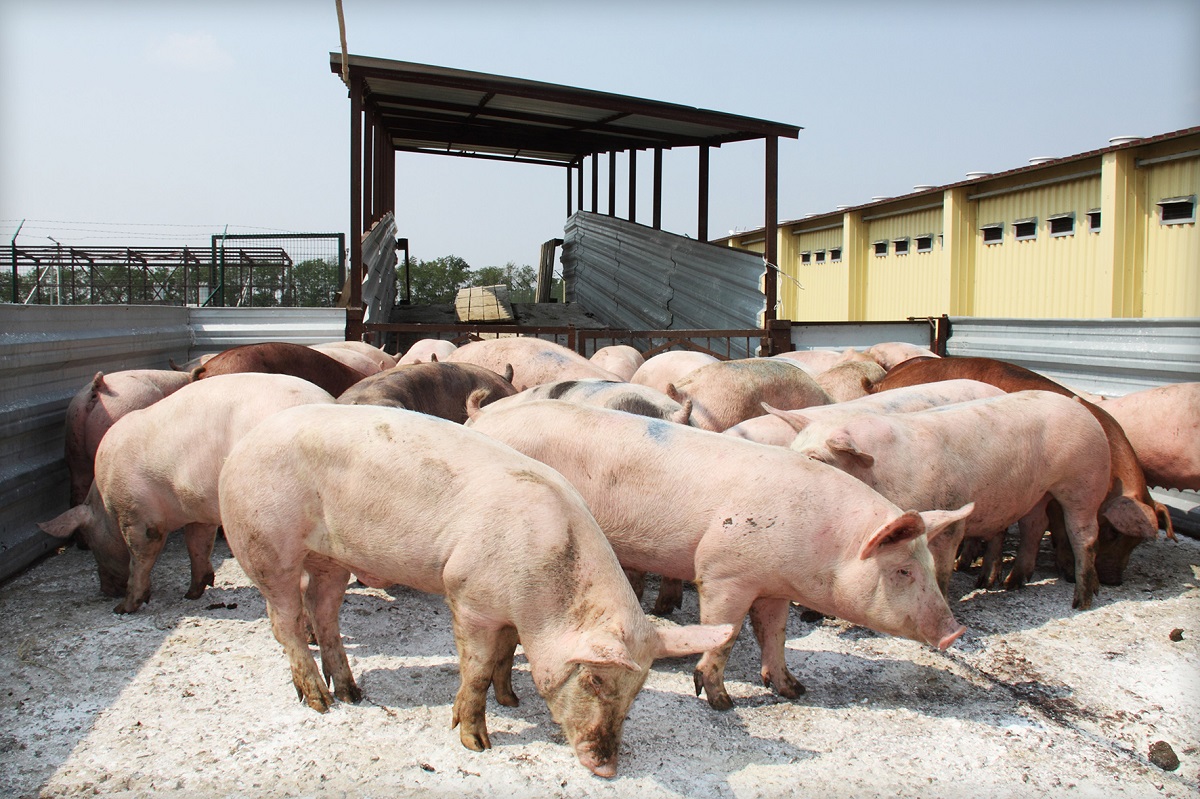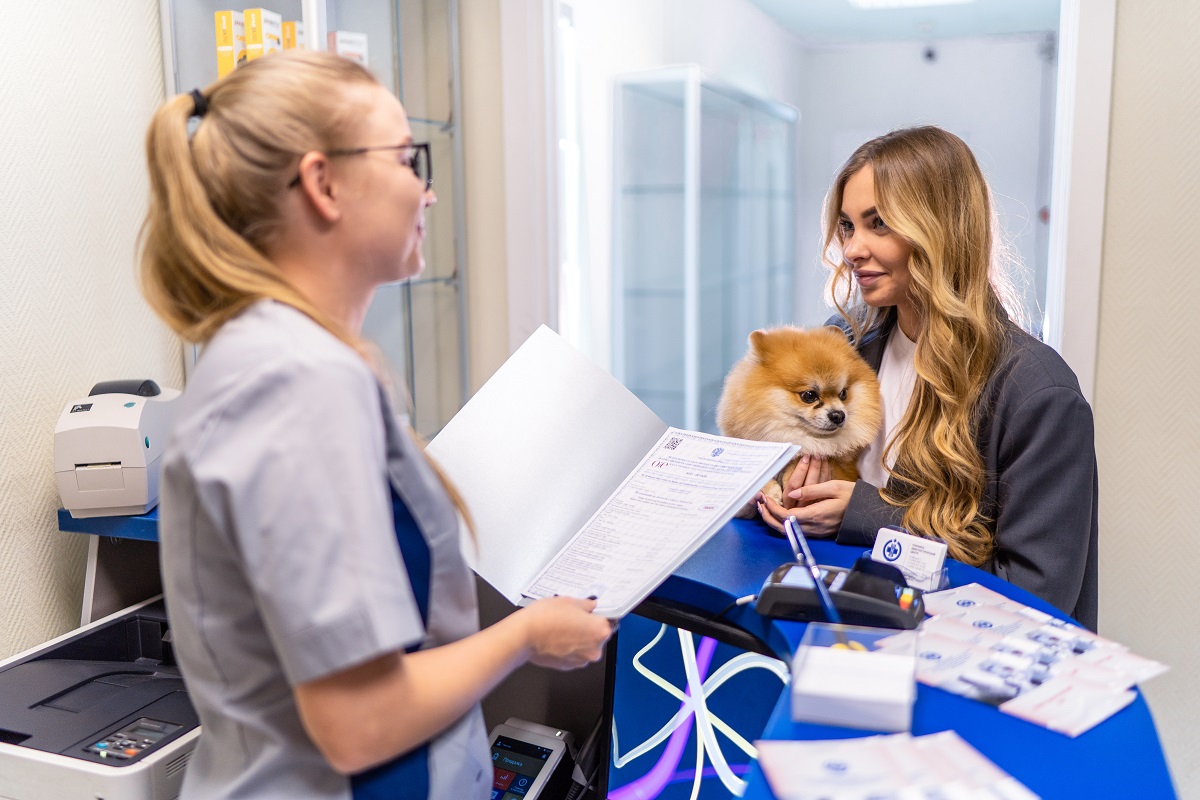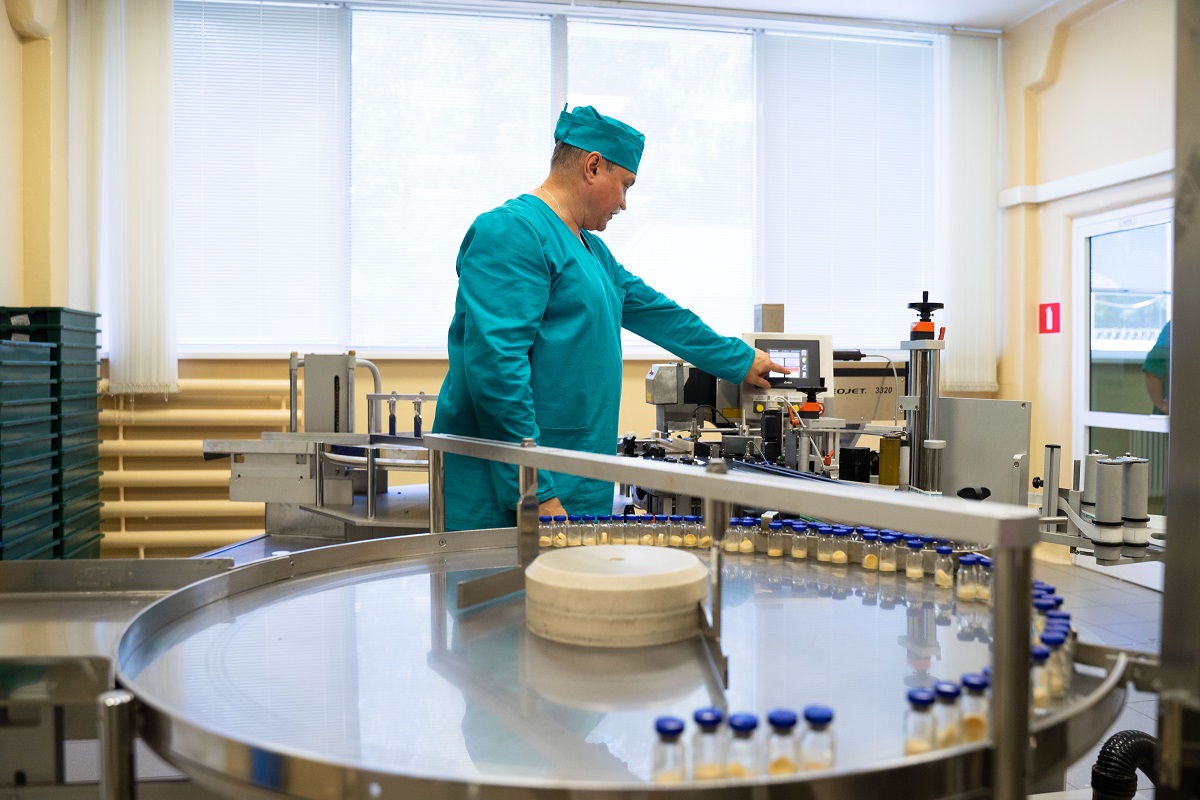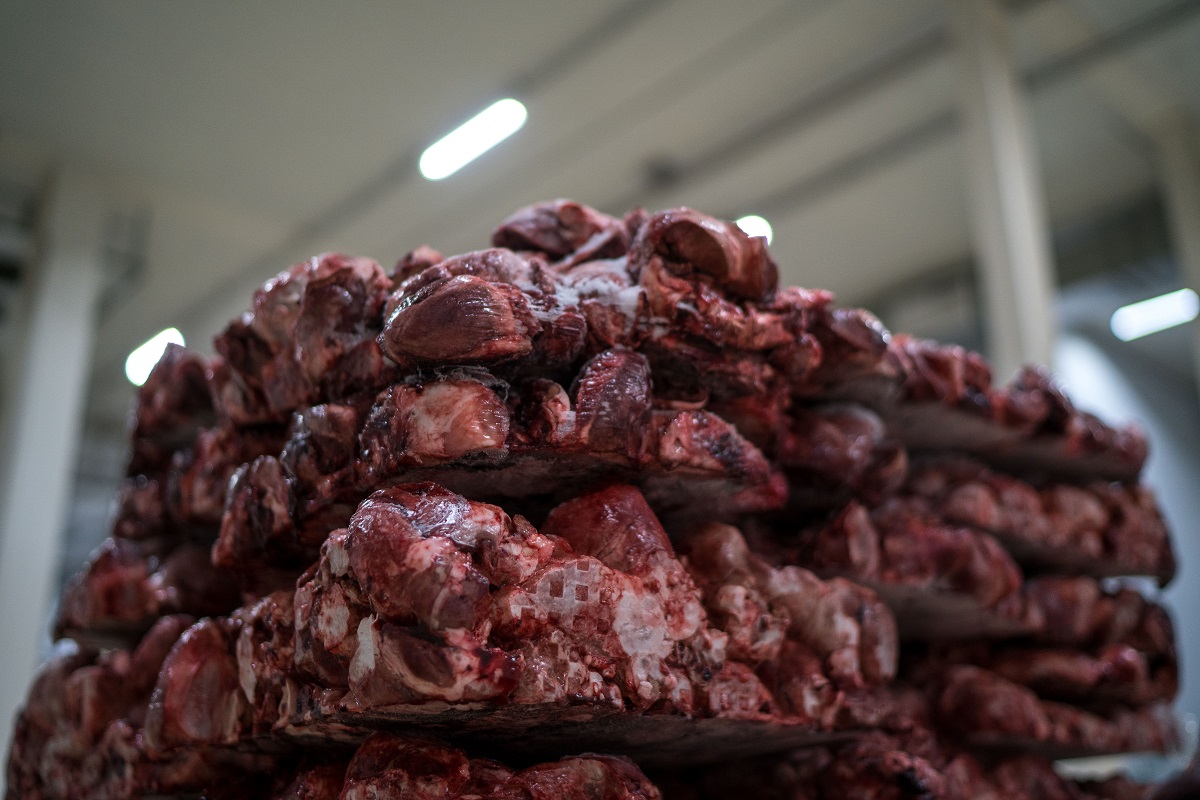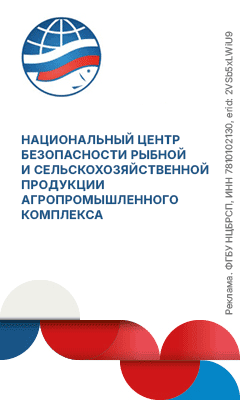“Yes, this is one of the measures from the package, and some pig farms have already made the switch. The leader is the Novgorodskaya Oblast. In 2021, 490 pig farms in the Novgorodskaya Oblast already moved to alternative types of livestock production,” said the Deputy Minister.
He also acknowledged the good work that 97 pig farms in the Penzenskaya Oblast have been doing in reshaping and repositioning their businesses. In the Primorsky Krai 68 pig farms repositioned their businesses, in the Volgogradskaya Oblast 60 farms, in the Kemerovskaya Oblast 18 farms and in the Voronezhskaya Oblast 13 farms.
These are mainly small holdings with low levels of farm biosecurity, explained the Deputy Minister. The risk level for ASF virus being introduced to pig farms is high where biosecurity is below the required standards.
“ASF is a disaster that could devastate the domestic pig sector,” emphasized Maksim Uvaidov. He said that since the beginning of 2021, Russia has reported 349 cases of ASF in domestic pigs, whereby 17 cases have been confirmed at the large scale pig farms.
The full interview with the Deputy Minister of Agriculture of the Russian Federation Maksim Uvaidov is available for readers on our website and in the latest issue of the Veterinary Medicine and Life newspaper.


